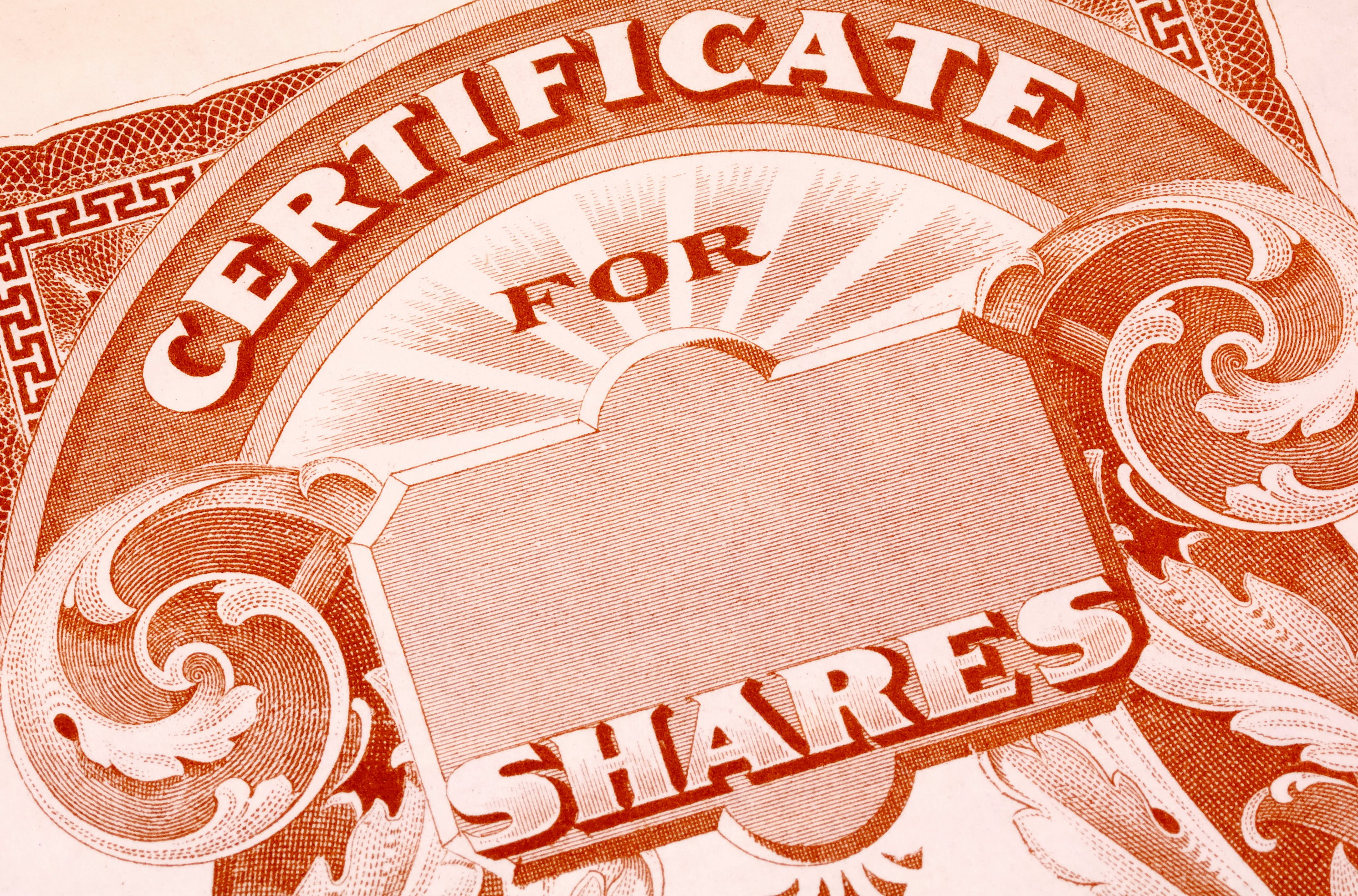Following a string of acquisitions, shareholders of Facebook (FB +0.44%) probably feel pretty excited about the social media giant's push to grow and innovate. In some ways, the deal may make investors think of the company as a miniature Google (GOOG +0.86%), but could this kind of thinking be dangerous? Instead, is it likely that Facebook isn't growing but is, instead, slowly killing itself and the portfolios of its shareholders?
Facebook made costly acquisitions!
Since the start of its 2014 fiscal year, Facebook has been remarkably active. After reporting that sales rose 55% from $5.1 billion to $7.9 billion and free cash flow came in at $2.85 billion, the company's management team has been on a buying spree. On top of buying Titan Aerospace for $60 million and Ascenta for $20 million, the company made two multi-billion dollar acquisitions.
The smaller of these is Oculus VR, a business that provides "immersive virtual reality technology" headsets for its customer base. According to Facebook, the company has already received more than 75,000 orders for its Oculus Rift and acquiring the company now will permit the social media business to get "ready for the platforms of tomorrow". Oculus VR will cost Facebook $400 million in cash, 23.1 million shares of Facebook stock valued at $1.4 billion, and an additional $300 million in payments that are contingent upon the business achieving unspecified targets.
The company announced an even larger deal on Feb. 19 with its acquisition of WhatsApp, a cross-platform messaging company, for $16 billion with an additional $3 billion in contingencies. Of the $16 billion, $4 billion will be in the form of cash, while the remaining $12 billion will come in the form of stock. According to Facebook, the company has 450 million people using its service monthly and it adds about 1 million people per day.
How does Facebook's activity compare to Google's?
Facebook has made transactions of astonishing sizes, even when they are stacked up to Google's deals. In 2011, Google spent only $1.9 billion on acquisitions (net of cash). This number swelled in 2012 when the search behemoth bought Motorola, on top of some smaller companies, for a sum of $10.6 billion net of cash received. This number fell in 2013 when Google spent a total of $1.4 billion on acquisitions.

Source: Google.
Besides the size difference, Facebook and Google have completed their transactions differently. Excluding the $300 million contingent payment for Oculus VR, where management only disclosed that it would be done via some unspecified mixture of cash and stock, the total value of cash consideration for all these transactions totals only $4.48 billion, while stock consideration is about $16.4 billion. Google's most recent annual report reveals that the company used cash to complete all of its acquisitions.
This means that Google, which had $18.6 billion in cash flows from operating activities versus Facebook's $4.2 billion last year, is leveraging its profitability in order to create shareholder value. Meanwhile, Facebook is using as much cash as it can, while relying on shareholders who are willing to see their shares diluted to finance the bulk of its deals.
Foolish takeaway
With shares of Facebook currently trading at 100 times earnings, while Google trades at a cheaper, but still pricey, level of 29 times earnings, using shares to acquire profitable enterprises may prove a wise idea for Facebook. If the deals have attractive terms, it's possible that using this method could allow the company to buy businesses using its own shares, which very well may be overvalued.
Given the lack of available information about the profitability of the companies Facebook's acquiring, it's hard to gauge which scenario is true right now. However, with shares of the company falling 12% since news broke of its WhatsApp deal, shareholders don't seem terribly optimistic. A safer play to consider might be Google. In addition to growing at a nice rate, management is able to make acquisitions in a manner that will not dilute shareholders in the same way that Facebook's executive team may.







